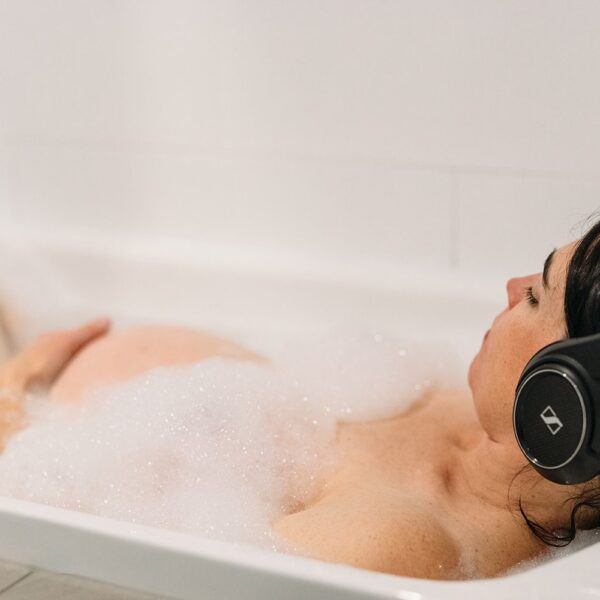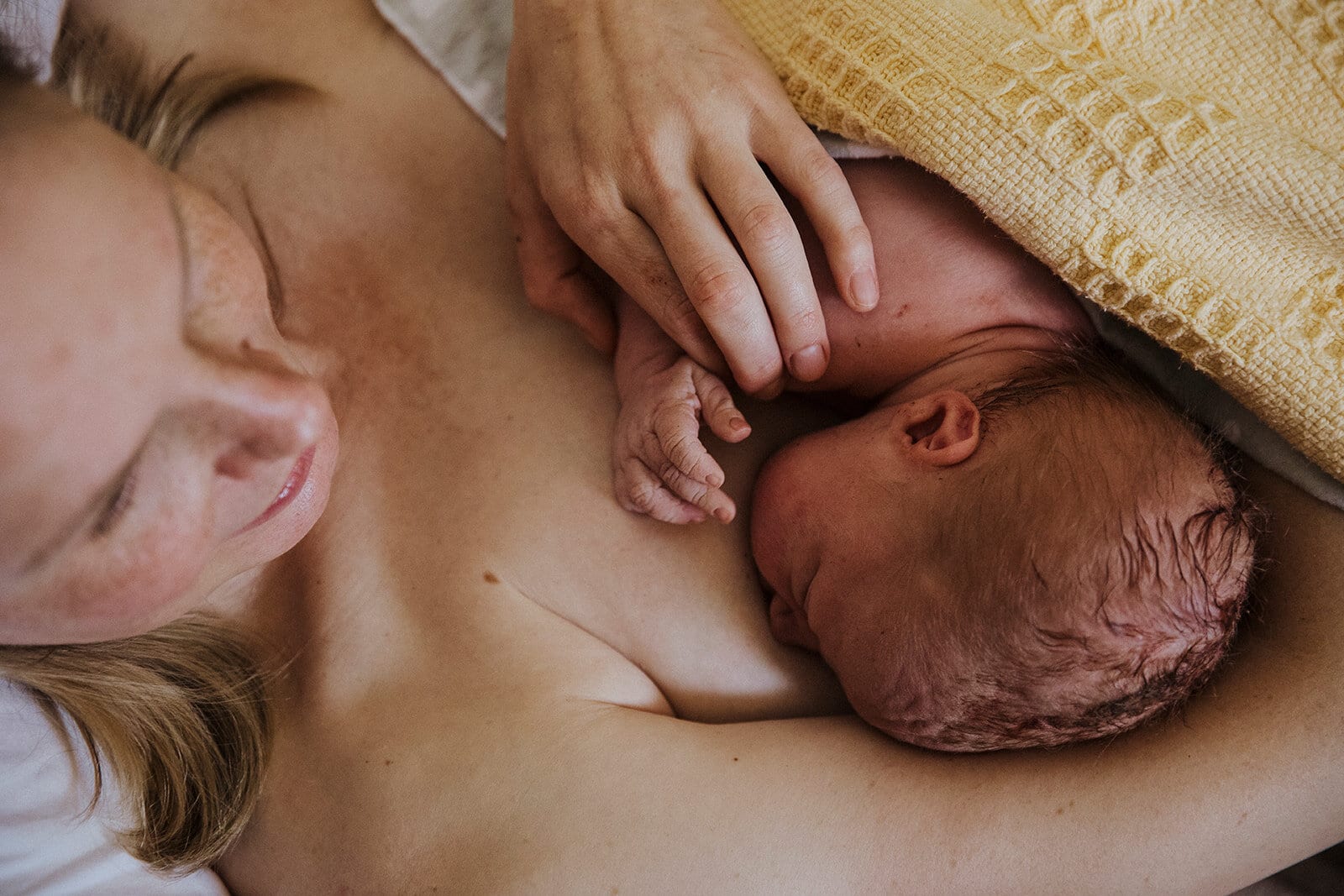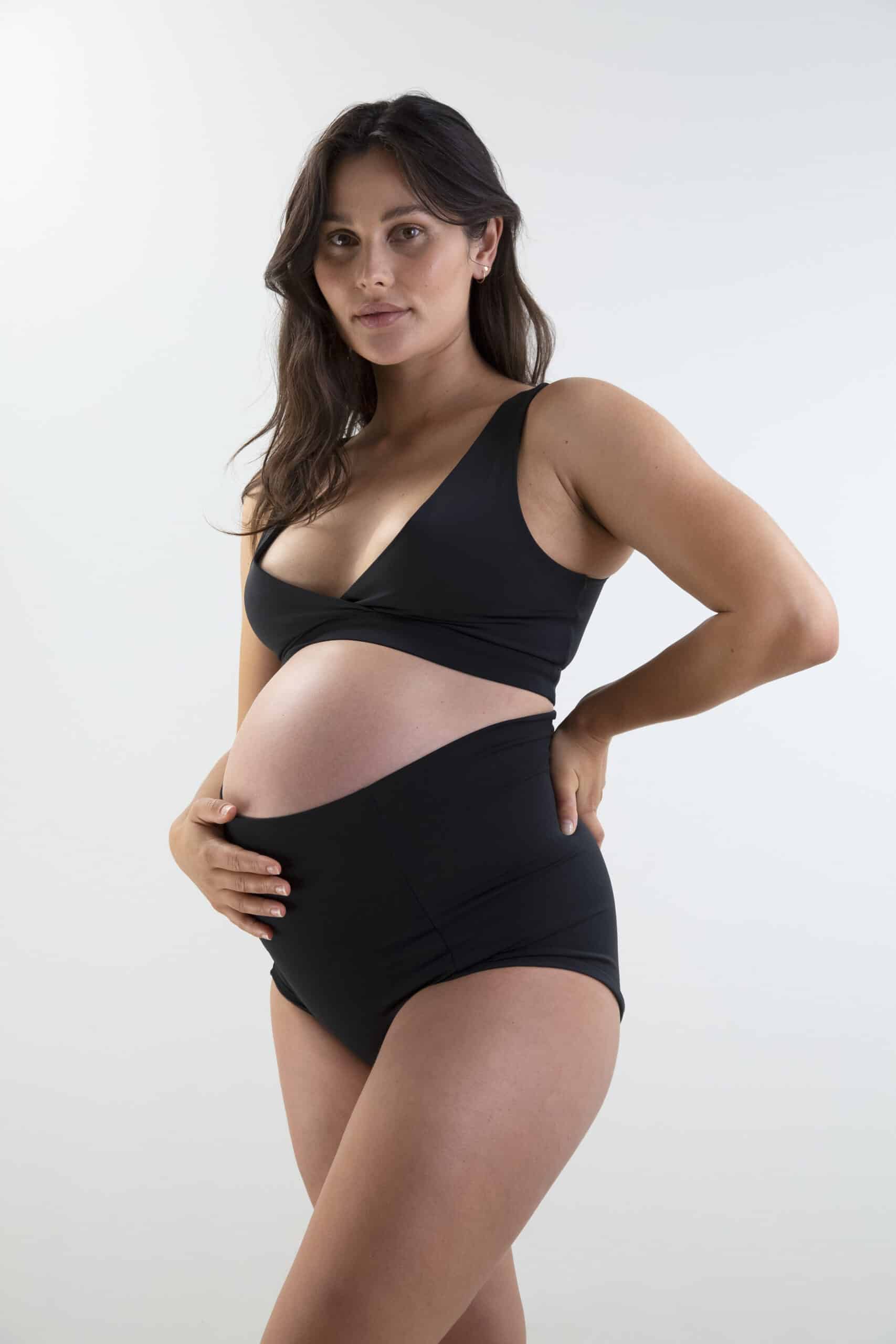Postpartum Are you a new parent? Here’s 3 Unexpected but Normal Baby Quirks
Are you a new parent? Here’s 3 Unexpected but Normal Baby Quirks
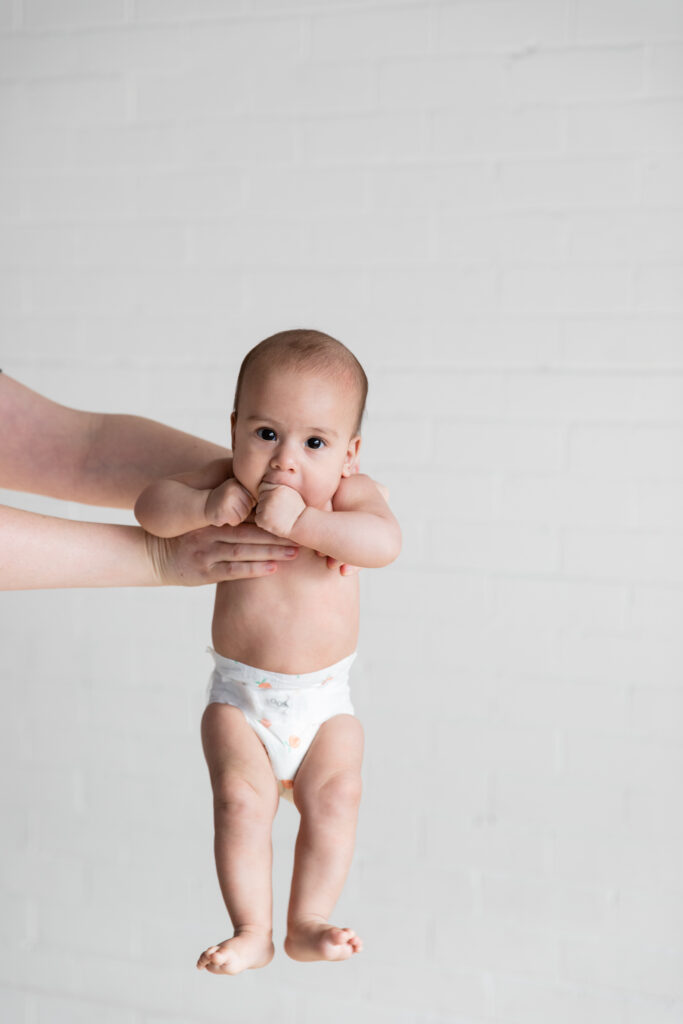
New parenthood is one of the greatest transition periods of your life (no matter how many babies you’ve had before). It’s brimming with unexpected experiences that can simultaneously perplex and delight you. Indeed, often the strangest and most memorable surprises in the early days with your baby are actually very healthy and normal experiences. Somehow, their commonality gets lost in the sleep deprivation and subsequently, they’re not often discussed.
Here’s three things that may come as a rude shock but rest assured, they’re really normal:
1. 10 days worth of poo in one hit
Oh. My. Gosh! I will never forget my concern, angst, anxiety and worry when my firstborn went 10 whole days without pooing. Little did I know that it can be quite common with exclusively breastfed babies who are a few months old. I did a lot of googling and I tried all the tricks (bicycle legs, massage, warm baths). I even made an appointment with my GP who reassured me that it was expected but to return as soon as he showed signs of discomfort or pain or developed a fever. I went away from that appointment feeling relatively calm because honestly, my baby was pretty chill. And then the next day? The most gigantic poo I have ever witnessed, oozing over, through and beside his nappy. Of course I was out of the house and I had very limited nappy wipes left in the car boot. Needless to say, I was not prepared because I never imagined poo could travel that far.
2. The oops-a-daisy baby spews
Before I had babies I knew they spewed but I didn’t know that there was a spectrum of baby spews; everything from a hiccup-gone-too-far to a projectile vomit that covered an unimaginable distance. And why didn’t anyone tell me that the reason your washing pile explodes in parenthood is because the baby spew can cover the baby, the baby clothes, your clothes, the wraps and the blankets. It. Is. Never. Ending. Baby spews – in all manner of quantities – really baffled me in the first few months of parenthood for the simple fact that I couldn’t keep up with the washing disaster left in their wake. No one ever mentioned that as soon as you become a parent you need to up your washing game to at least one load (ideally two) a day. And before long? You are absolutely living out of the washing basket because folding and putting away clean clothes is a chore from the past.
3. Teenage acne but make it baby
Baby acne is a really common occurrence in baby’s at about four-weeks and is thought to be a direct response to the maternal hormones in their body. It can appear as little red dots and white heads (don’t pop them!) and if your baby is upset or agitated, the acne can look a lot angrier – red and blotchy. Expect it to arise on their forehead, cheeks and neck but it’s not uncommon for it to spread to the chest and back, too. Generally it doesn’t bother your baby at all but if it looks redder than normal and doesn’t seem to be clearing, it may be best to check-in with your GP or local community nurse.
Our friends at Bonds have got all these crazy baby quirks covered. Bonds Baby Cover is a comprehensive ‘poo-licy’ for new parents that compensates parents for the first-time parent experience with free Bonds babywear. There’s cover for ‘natural disaster’ we’re talking grade 5 Poonamis here, ‘Vandalism’ – wilful texta damage to walls and clothing – and ‘Third Party for when ‘it’ goes everywhere and on everyone. Even accidental-probably-on-purpose damage is covered. If my three boys are proof, little cuties can be massive liabilities. Parents simply sign up to make a claim and be compensated with Bonds Babywear. To be clear, that’s free product, parentals!
To sign yourself up head to BONDS
Categories
Related Products
-
Birth Meditations
$49.00Narrated by Sophie Walker, these soothing and informative meditations help you feel supported and confident around birth.
Get your copy of our Perineal Massage Guide in your inbox
Keep Reading
We think you might enjoy these articles
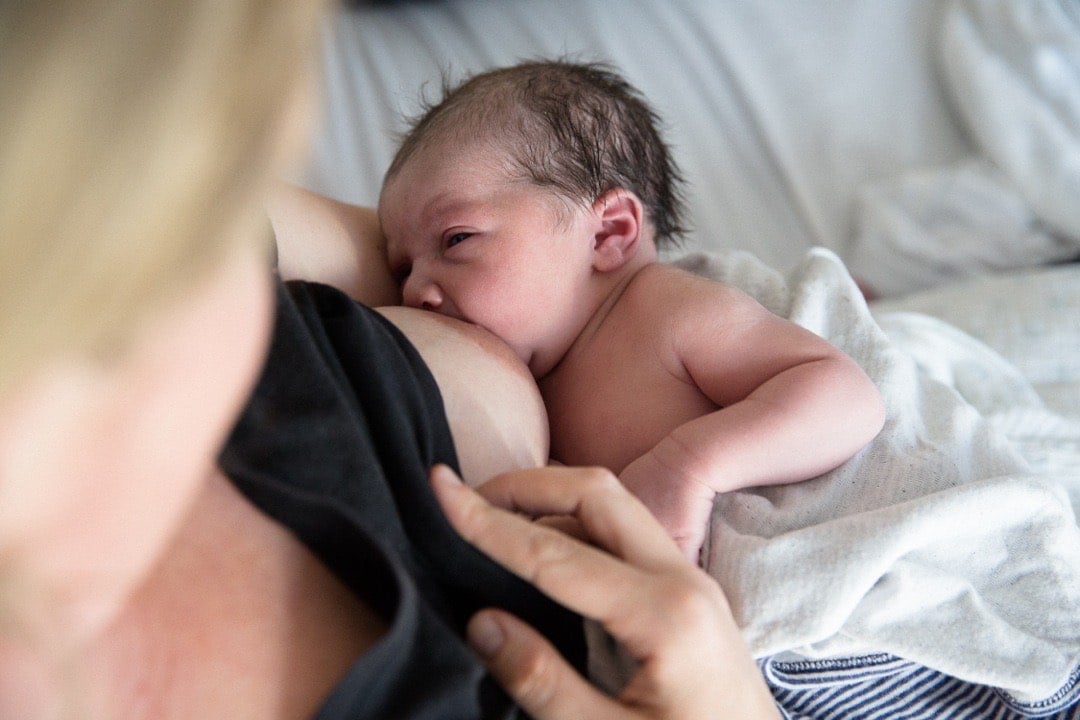
Breastfeeding: What to Expect in the First 72 Hours
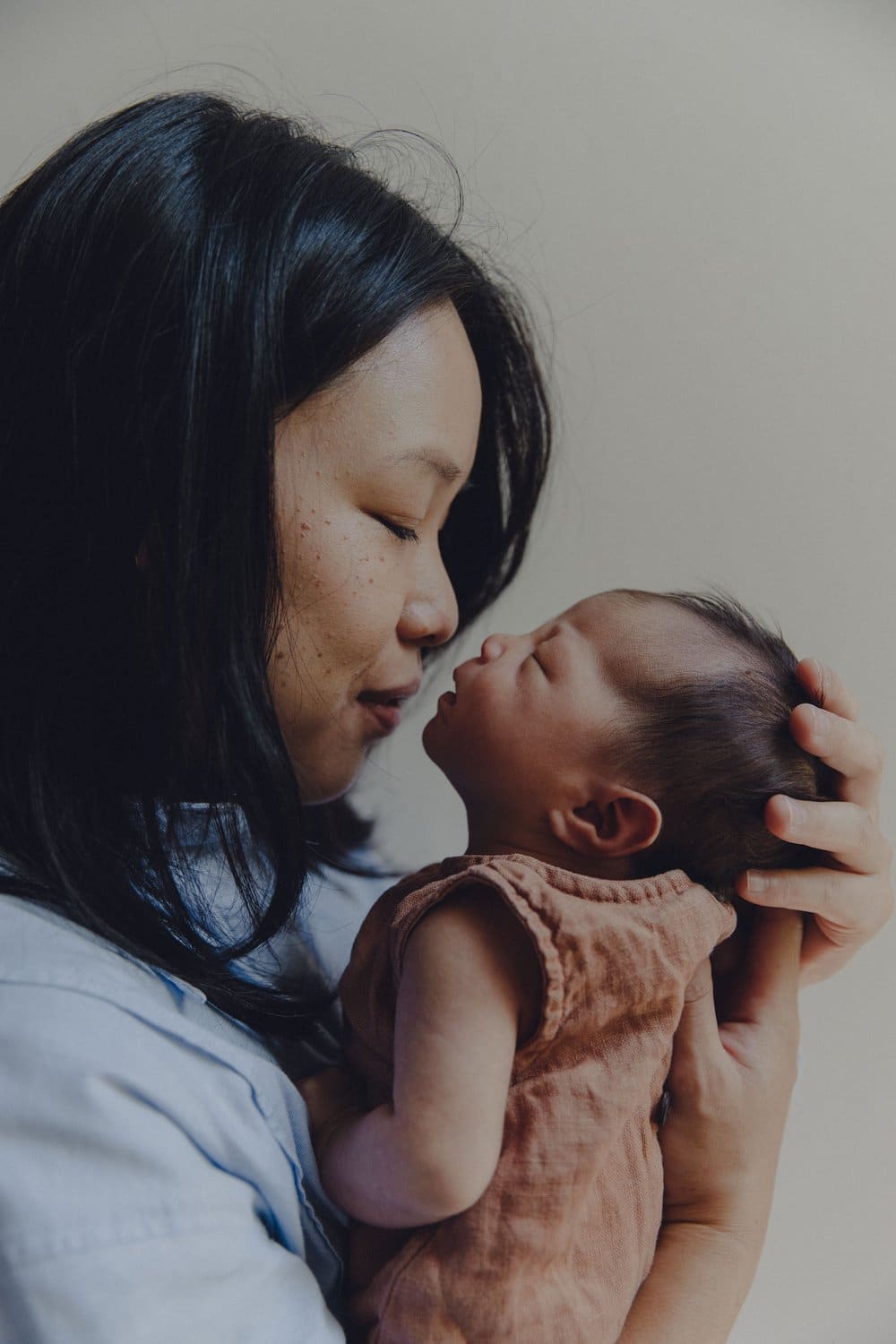
Why planning for postpartum is just as important as planning for birth – and how to do it right
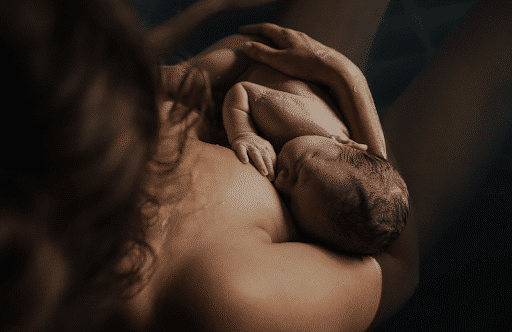
Cracked Nipples: Causes, Treatment and Prevention
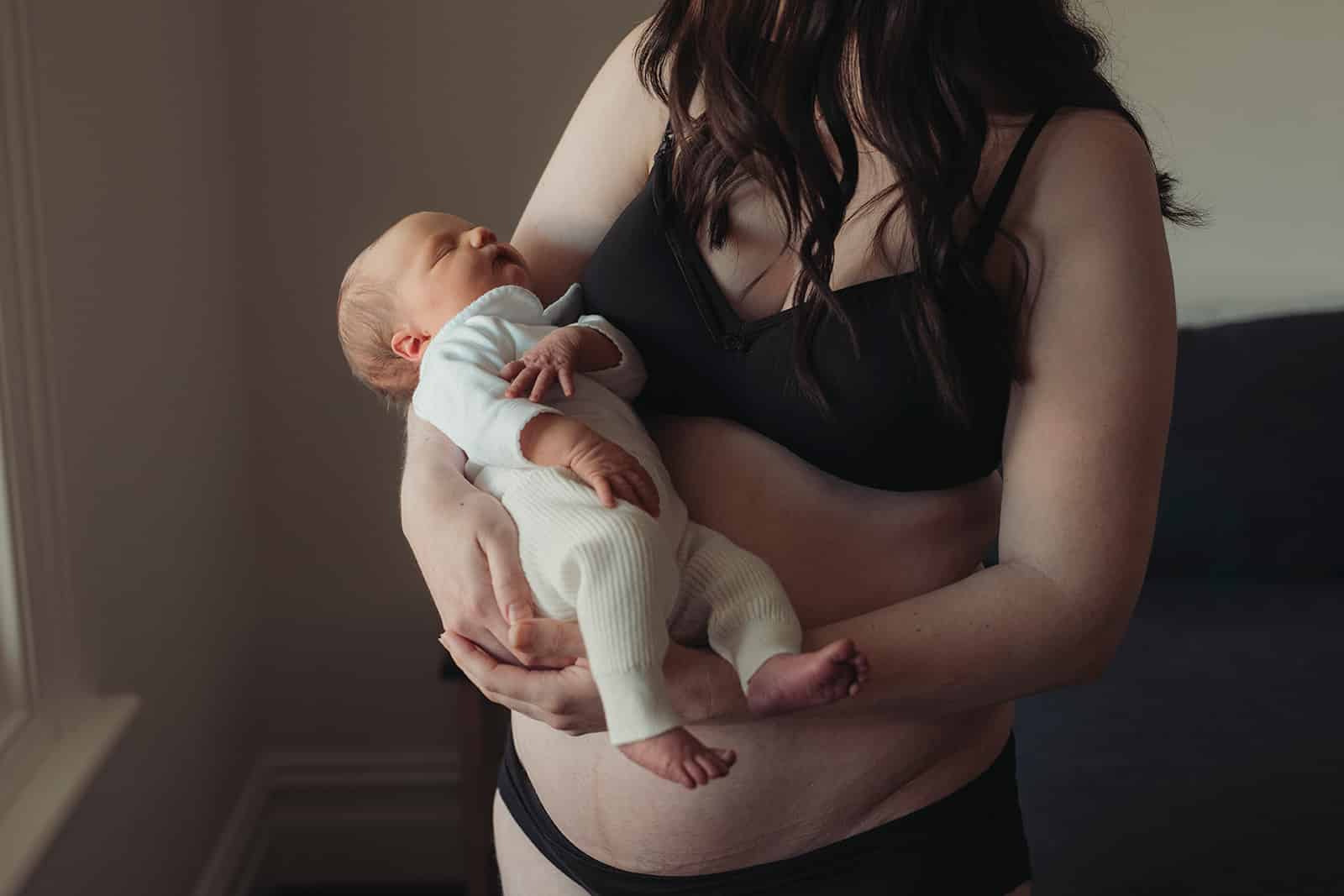
Caesarean Birth Recovery
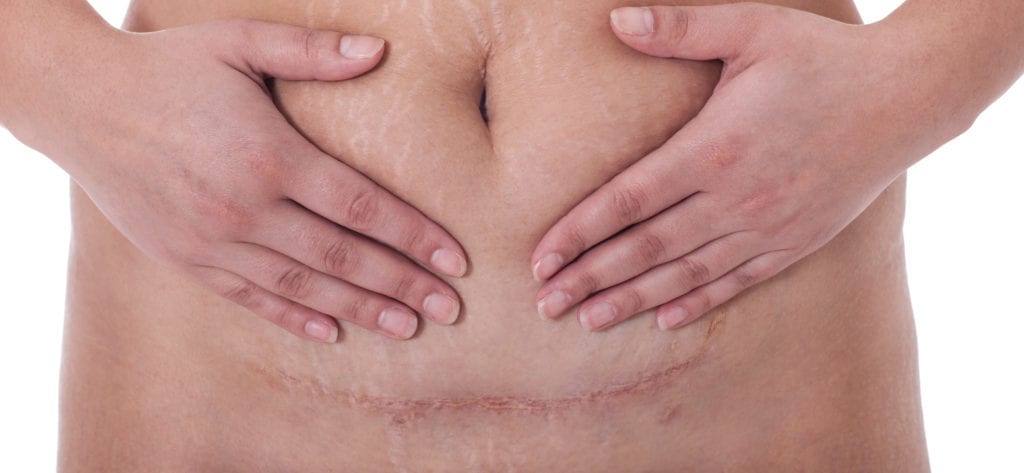
What is a C-Section Shelf?
@AustralianBirthStories
Follow along with us
@AustralianBirthStories
Follow along with us
@AustralianBirthStories
Follow along with us
@AustralianBirthStories
Follow along with us
@AustralianBirthStories
Follow along with us
@AustralianBirthStories
Follow along with us
@AustralianBirthStories
Follow along with us
@AustralianBirthStories
Follow along with us
@AustralianBirthStories
Follow along with us
@AustralianBirthStories
Follow along with us
@AustralianBirthStories
Follow along with us
@AustralianBirthStories
Follow along with us
